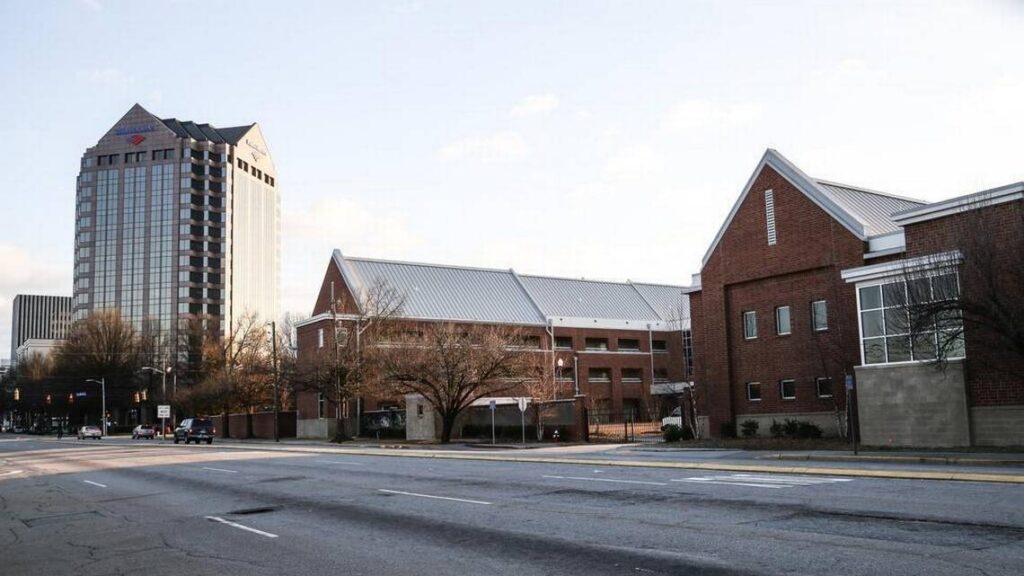Reports show progress, but nonprofits, local governments and volunteers must work together to further minimize suffering
By Craig Currey
Homelessness continues to be an issue in South Carolina.
Last January’s point-in-time survey counted 1,165 unhoused individuals on a single night in the 13 central counties of South Carolina, reported the Midlands Area Consortium for the Homeless (MACH). As bad as this may sound, it was an overall decrease of 4% since the same count in 2019. Statewide, there were 3,608 unhoused persons in South Carolina on a single night in January 2022, according to the latest report from the South Carolina Interagency Council on Homelessness. That’s a 15% decrease since the 2020 count.
But South Carolina cannot be ready to declare victory because the count is only one indicator.
South Carolinians who are removed from the unhoused problem may think it is not much of an issue. On the contrary, those who see it every day tend to complain that it hurts businesses, tourism, safety, and neighborhoods. So, what can be done?

Transitions Homeless Center located in Downton Columbia Opened in 2011
Into this turbulent arena enters the nonprofit providers who offer shelter, food, medical care, and compassion to those in need. Local county and city governments also bear the responsibility to help with the problem as people demand actions to alleviate the suffering and relocate the issue away from their locations. Police also deal with much of the unhoused burden, and, unfortunately, may use incarceration when mental health care is needed.
Nonprofits must work together and with local governments to achieve the best results. An example of this approach is Transitions Homeless Center in downtown Columbia. It is a one-stop shop for adults who are homeless in the Midlands.
Transitions helped 3,486 people last fiscal year and has permanently housed 3,454 since opening its doors in 2011. It cannot do this alone and partners with many other great nonprofits in the community to help clients.
They provide medical care from an onsite clinic, onsite mental health counseling and referrals, peer support classes for addiction, job training, food preparation, and veteran services. Shelters must help clients overcome barriers to housing and quickly place them into permanent housing — freeing beds for others in need.
Although homelessness is a large collective problem in the community, it is an individual problem for those on the streets. Solving homelessness is a “team sport.” One agency cannot be everything to everybody.
In Columbia, some shelters help only women while others help families or youth. Single men are the largest homeless population and can receive shelter from a few nonprofits and a city pallet shelter. All shelters provide valuable services to include meals, showers, and a place to sleep. They enable people to rest and plan a way forward to find permanent housing.
Case managers are critical to assisting with proper medical care, job preparation, housing searches, counseling, and disability payments if appropriate. Some clients are active participants and desire immediate housing while others may be reticent about the options available. Again, the choice between providers allows options in care that are advantageous in finding everyone solutions.
The city of Columbia is helpful with its 50-pallet Rapid Shelter Columbia. They also fund the Overflow Shelter from Nov. 1 to March 31 every year that Transitions operates. The Overflow opens when the temperature is 40 or below, providing needed shelter in the cold and incentive to move to shelters or a permanent house that has continuous respite and more independence.
Columbia, Richland, and Lexington fund part of Transitions’ annual budget as well as other nonprofits to enable them to provide more beneficial services. Their support is extremely valuable and necessary to help nonprofits do their important work. But shelters must raise their entire budget each year with donations from various sources.
To help, South Carolinians can always go to websites and join in the fight to end homelessness by donating needed funds or volunteering at a shelter nearby.
Progress in the fight against homelessness has been made over the last several years. Despite a global pandemic and economic downturn, homelessness has decreased slightly as measured by the point-in-time counts. More importantly, many have been able to overcome barriers to housing.
Efficient nonprofits operate on lean budgets to accomplish their missions. Transitions’ vision is to “end Midlands homelessness one person at a time.” As many are housed, others may relapse, lose a job, or become homeless for the first time.
South Carolinians should realize that homelessness is a reality in modern urban societies that requires everyone’s attention to minimize the suffering and restore people to better lives.
